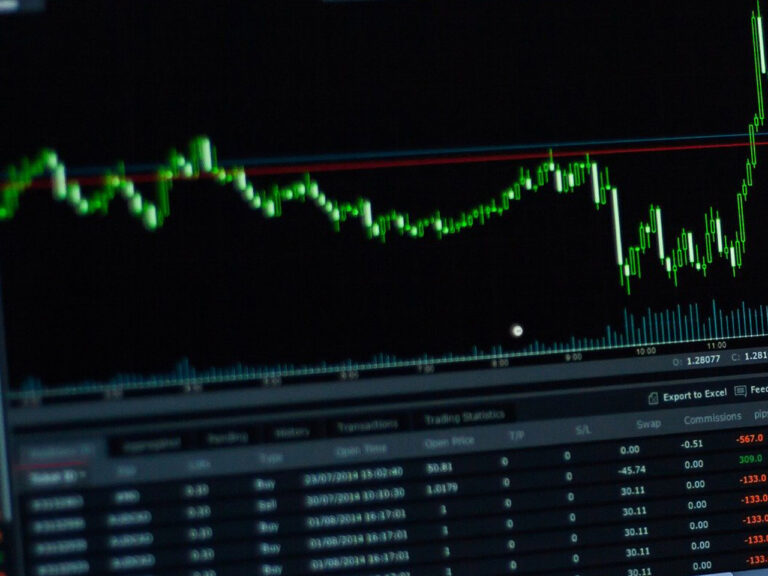Shell PLC (SHEL.L), a titan in the oil and gas integrated industry, commands a significant presence in the global energy market. With a staggering market capitalization of $160.17 billion, Shell remains a cornerstone of the energy sector, driving innovation and adapting to the ever-changing landscape of energy demands. For investors, the current trajectory of Shell PLC offers a tantalizing prospect, particularly with a projected upside potential of 15.01%.
At the heart of Shell’s operations is a diverse portfolio that spans the exploration and extraction of natural gas and crude oil, the marketing of fuels and lubricants, and cutting-edge advancements in renewables and energy solutions. This broad spectrum of activities not only underscores Shell’s adaptability but also positions it as a key player in the transition towards more sustainable energy sources.
Currently trading at 2696 GBp, Shell’s stock has experienced some fluctuations, with a 52-week range spanning from 2,291.50 to 2,831.00 GBp. Despite a recent price dip of 0.03%, analysts remain bullish, reflected in their ratings: 12 buy recommendations, 6 holds, and notably, no sell ratings. The average target price of 3,100.67 GBp suggests room for growth, reinforcing the appeal to investors seeking to capitalize on potential future gains.
A closer look at Shell’s financials reveals a mixed picture. The company is navigating a revenue contraction of 12.20%, a figure that may raise eyebrows, yet it maintains a robust free cash flow of over $22.5 billion. This cash flow strength is a critical factor supporting Shell’s dividend yield of 3.95%, with a payout ratio of 62.19%, offering an attractive income stream for dividend-focused investors.
The valuation metrics present challenges, with the forward P/E ratio standing at an eye-catching 787.31. While some traditional valuation metrics like Price/Book and Price/Sales are not available, the P/E figure suggests that investors are betting heavily on future earnings growth, possibly driven by Shell’s strategic initiatives in renewables and energy solutions.
Technical indicators provide further insights: the stock’s 50-day moving average is 2,677.36 GBp, slightly above the 200-day moving average of 2,609.16 GBp, indicating a potential upward trend. The RSI (14) at 48.64 and a positive MACD of 22.02 against a signal line of 14.52 suggest that Shell’s stock is neither overbought nor oversold, offering a neutral ground for traders.
Shell’s ongoing transformation into a more diversified energy company is exemplified by its ventures into electric vehicle charging, wind and solar power generation, and carbon capture initiatives. These efforts align with global trends towards decarbonization, positioning Shell not just as an oil and gas company, but as a comprehensive energy provider.
Founded in 1897 and headquartered in London, Shell has a rich history of navigating the complexities of the energy sector. The company’s recent rebranding from Royal Dutch Shell to Shell plc in January 2022 signifies a strategic realignment with its evolving business model and market opportunities.
For investors considering Shell PLC, the current stock analysis underscores the importance of balancing short-term market volatilities with long-term growth potential. As Shell continues to innovate and expand its footprint in the renewable energy sector, its ability to deliver on this potential will be crucial for sustaining investor confidence and achieving the anticipated upside.






































